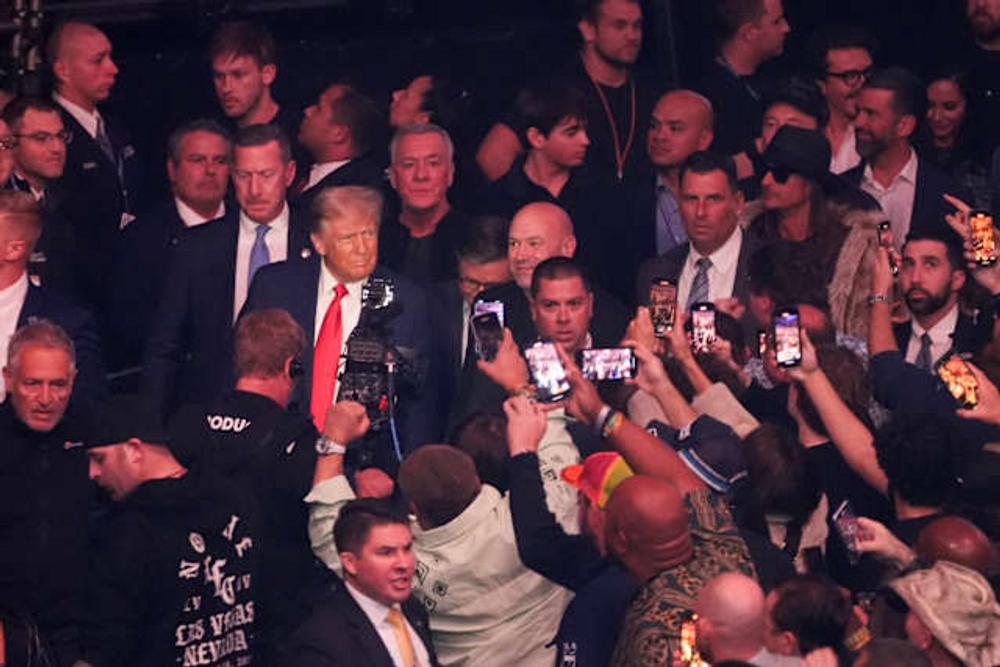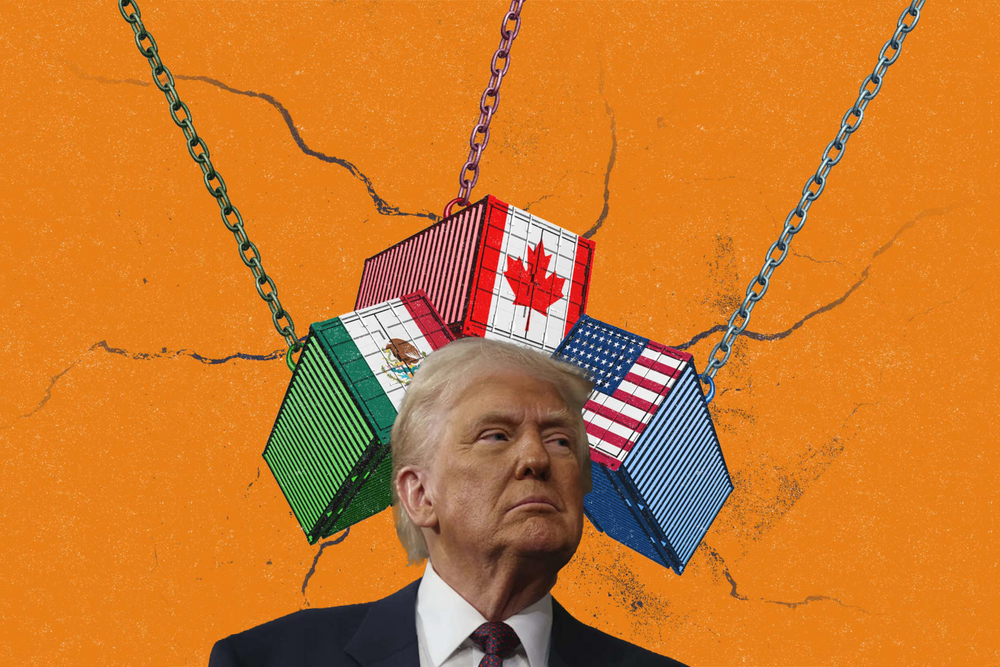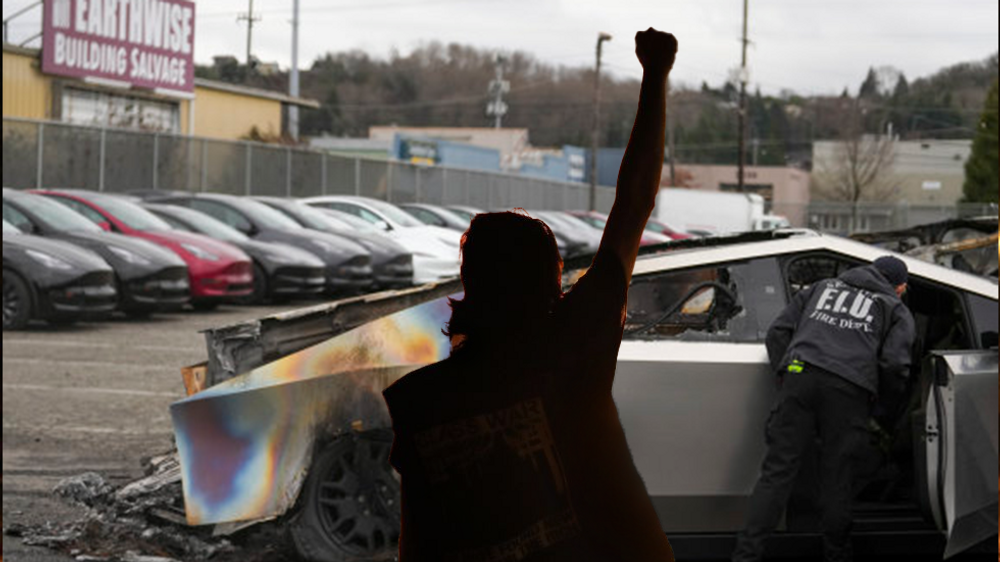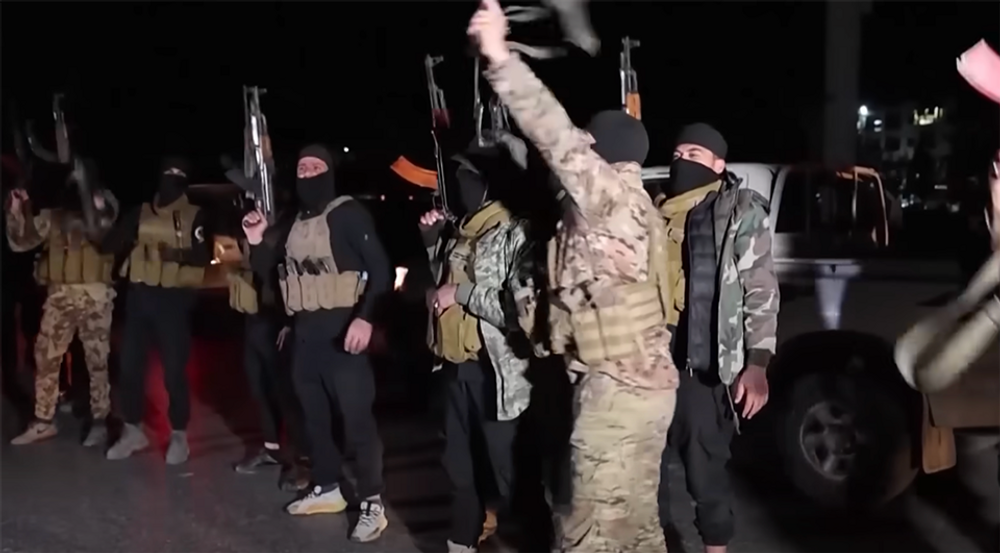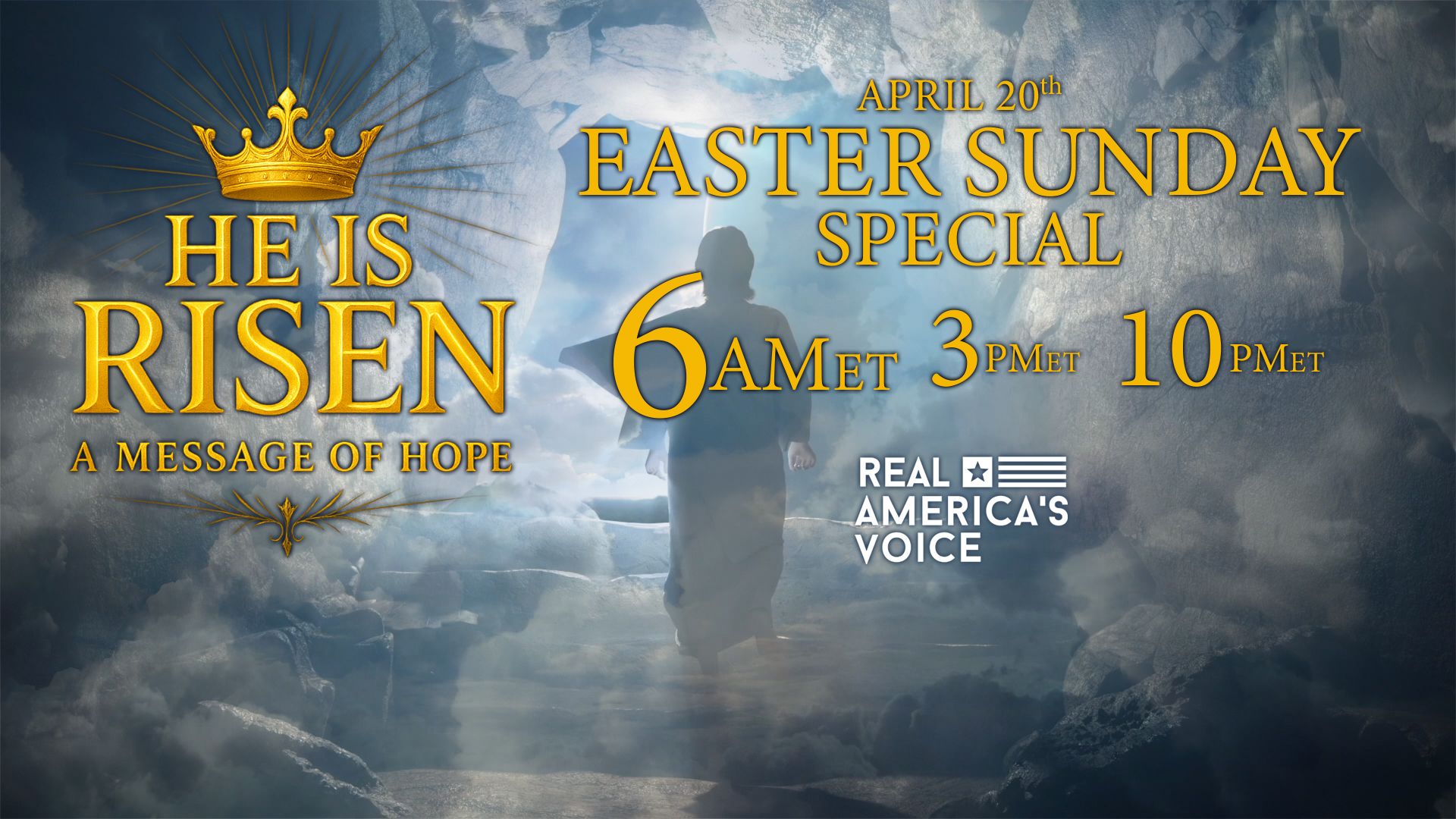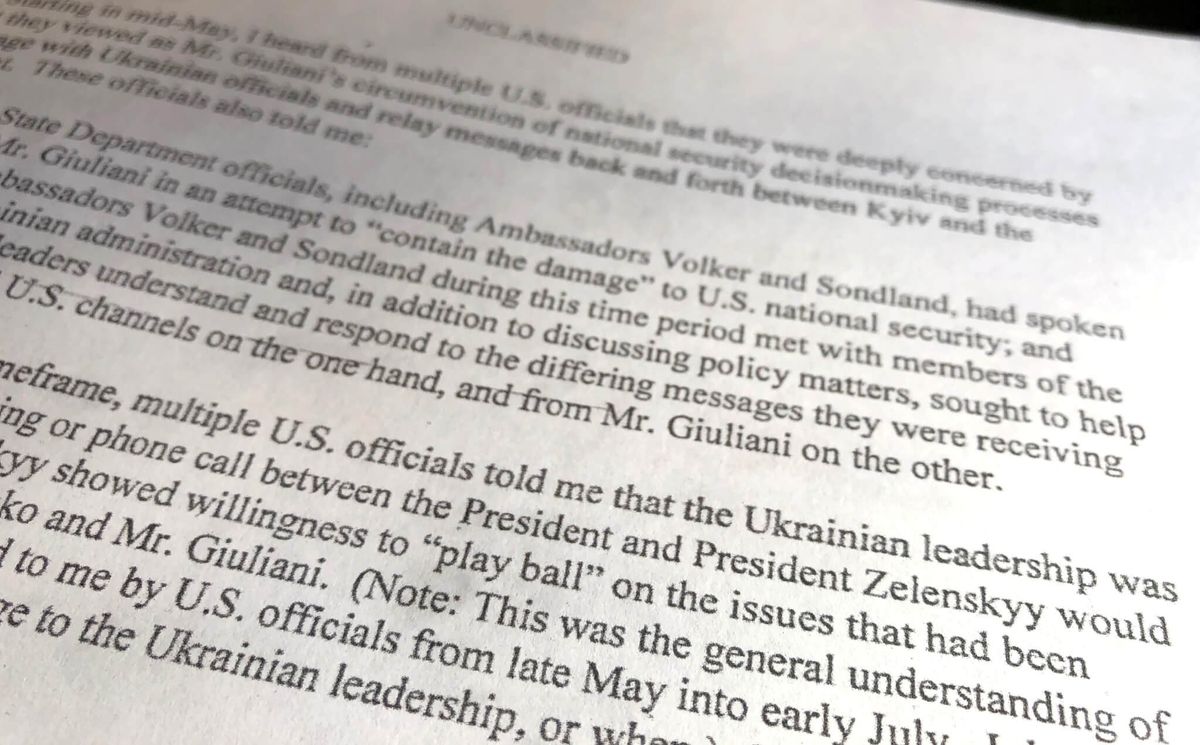
Whistleblowers Explained
A whistleblower's complaint about a July 25 call between President Donald Trump and Ukrainian president Volodymyr Zelenskiy has prompted the House of Representatives to launch an impeachment inquiry. The complaint also led the president to denounce the anonymous intelligence official as a "traitor" who deserves to be harshly dealt with.
But whistleblowers historically have played an important role in rooting out government corruption and abuse, and they enjoy legal protections under U.S. laws.
Here is what you need to know about whistleblowers and the laws protecting them.
What is a whistleblower?
A whistleblower is anyone who figuratively "blows the whistle," or exposes wrongdoing in a public or private sector organization in hopes of putting a stop to it.
In federal government, a whistleblower is an employee who reports "violations of law, agency mismanagement or ethical violations," according to Congressional Research Service. Government whistleblowers usually report wrongdoing to internal watchdogs known as an "Office of Inspector General" which conduct oversight of government agencies.
How does the system generally work?
The U.S. Congress has long encouraged whistleblowing as a safeguard against waste, fraud and mismanagement in the executive branch, and provided legal protections against reprisals by supervisors.
In recent decades, Congress vastly expanded those protections by passing two landmark laws while also codifying safeguards for certain private sector workers.
What is the Whistleblower Protection Act of 1989?
In 1989, Congress mandated that whistleblowers "should not suffer adverse consequences as a result of prohibited personnel practices."
The law defines "prohibited personnel practices" as actions taken by supervisors against employees "because of any disclosure of information" about a violation of law and rules, abuse of authority, gross mismanagement, and waste of funds.
There are several ways for government employees to report illegal conduct. An employee can take a complaint to an authority, an agency inspector general or members of Congress.
If retaliation ensues, the employee can appeal to two independent watchdogs: the Office of Special Counsel and the Merit Systems Protection Board.
What is the Intelligence Community Whistleblower Protection Act of 1998?
Despite strengthening protections for the rest of the government, the 1989 law excluded members of the intelligence community because of concerns over disclosure of classified information.
The 1998 Intelligence Community Whistleblower Protection Act sets up the process by which an intelligence official can report a matter of "urgent concern," or a flagrant violation of law, to the intelligence community's inspector general.
How does it differ from the original law?
The inspector general has 14 days to determine whether the complaint is credible and of urgent concern. Once it's determined to be credible, the director of national intelligence is required to send the complaint to Congressional intelligence committees within seven days.
What kind of protections are provided?
The law does not specifically protect intelligence officials from reprisal. That shortcoming was not addressed until a decade later under the Obama administration when "legal procedures to provide administrative recourse" were put in place, according to Bradley Moss, a whistleblower attorney.
 House Democrats Subpoena Pentagon, Budget Office in Impeachment InquiryNext PostWhite House Fighting Impeachment by Stalling and Attacking
House Democrats Subpoena Pentagon, Budget Office in Impeachment InquiryNext PostWhite House Fighting Impeachment by Stalling and Attacking
